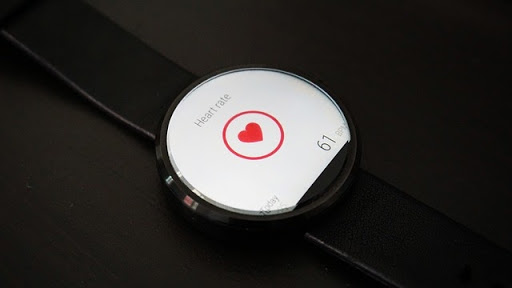
Patient facing mobile apps have emerged as a viable alternative to interact with patients and help them execute several tasks related to healthcare without reaching the hospital. Patients are now increasingly glued to these healthcare apps and their time spent on mobile devices has increased significantly. From communication and information to executing business through mobile apps have become a common thing.
Still, there is a lot of gap in the healthcare market. Marketers are struggling to gauge the true value of mobile apps for the bottom line of healthcare organizations. Especially in terms of the value of the app viz-viz the efforts, cost, and time it would take to become a useful and engaging healthcare app for the patient.
To help you increase the patient engagement on a healthcare app, here are a few crucial ways that you need to know. It will not only increase the engagement but will also help you meet your organizational goals at a faster pace.
1. Reduce Readmissions
Healthcare provider’s biggest pain point these days is to avoid readmission of preventable cases. It is crucial for healthcare organizations to reduce this number to enhance patient outcome and improve their revenue growth. Customized healthcare applications can assist hospitals in reducing the number of readmissions.
Here is how:
- Offer personalized post-release information and instructions
- Reminder for regular follow-up visits
- Enforce stricter adherence to post-release prescription and regiment
- Easier access to healthcare resources and information
- Lesser cost and time of reaching out
- Greater engagement to reduce readmission rates
2. Encourage Patients to Proactively Manage Their Health
Encouraging the patient to become proactive in managing their own health can help in improving the outcome and also enhance the reputation of your hospital. With easier access to the required resources and tools, patients are more likely to stay in touch with healthcare professionals and practice the wellness regimen. A properly optimized mobile app can deliver a better wellness experience to the patient and a greater sense of satisfaction.
Here is how an app can help the patient in managing their health proactively:
- Keeps the patient informed and connected with relevant services
- Encourages regular health tracking
- Helps in developing healthy habits and exercises
- Promotion of health education by streaming informations
3. Improve Trust and Build Relationships

Establishing trust between the patient and doctor is one of the difficult things that hospitals face. Due to long wait times, complex processes, or lack of communication between healthcare team; patients are not willing to attend healthcare appointments.
However, when you give all the relevant tools and information in the smartphone of the patient and empower them, the trust develops between the two parties and the patient proactively takes charge of their treatment. Hospitals can also gain competitive advantage by streamlining patient referrals and building stronger relationships with physicians.
Here is how apps can help:
- You can provide access to a larger pool of specialists
- Help in easily accessing credentials, studies, and information from the mobile app
- Recommend, network, and connect
- Improve efficiency and workflow
4. Boost Brand Image and Reputation
Today patients can not be treated less than consumers. Hospitals are competing with each other to provide better care facilities and infrastructure at affordable prices. Hence, it has become crucial to achieve patient satisfaction and engagement. Through mobile apps, hospitals can make the existing information easily accessible along with brand awareness features including social media, photo galleries, virtual tours, and more.
Here is how mobile app can help:
- Easier access to communication and information
- Intuitive presentation of the hospital through immersive galleries
- Stream ER wait time and other relevant information
- Greater social media engagement
What more factors can increase engagement?

Several patients come to healthcare app once and then dump them after a few logins. One of the major reasons for such low engagement rates is that either the app is difficult to navigate or it is not immersive for the patient.
Consider these few points to make your app more engaging:
- Customize the app as per the patient group. An app can appear differently to a child and an old age person. Develop an app that is easy to use for all users. Sit with your QA engineers to validate the functionality of your application thoroughly.
- Build an app that is scalable and can be evolved over a period of time. Leave the possibility of enhancements and customizations that you would need in the future to keep the application viable.
- It is a no brainer to give multiple options to your patients. Develop a cross-platform application that is compatible with both iOS and Android platforms and offers a rich user experience.
Wrapping Up
With the COVID-19 pandemic, people are more worried about visiting hospitals. Social distancing has become the norm and patients are more inclined towards telemedicine for their treatment. In such a tricky situation, it has become more crucial for hospitals to provide a robust, secure, and engaging mobile app to patients to interact with doctors, access information, and stay connected with the healthcare system.
About the Author
Erna Clayton is a techie with over 12 years of experience in several technological domains including quality assurance and software testing. In her free time, she loves travelling and writing on technology.
Further Readings:
Knowledge thats worth delivered in your inbox




